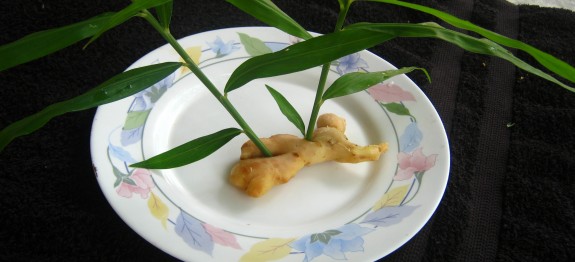Health benefits of ginger
Ginger is a common name for Zingiber Offiicinate was originally cultivated in China and now equally spread around the world. Ginger is a herb but it often known as a spice with a strong distinct flavour that can increase in production of saliva. The ginger root is not actually a root but a rhizome. Ginger has a wide variety of effects on the human body and is known to be effective for the treatment of cataracts, amenorrhoea, heart disease, migraines, stroke, athlete’s foot, cold, bursitis chronic fatigue, flu, coughs, depression dizziness fever erectile difficulties, infertility, kidney stones, sciatica and viral infections.
Home remedies using ginger:- Ginger has many uses in the home remedies department and can be used to help arthritis, diarrhea, flu, headache, stomach upset etc…
Muscle strains: – Apply warm ginger paste with turmeric to the affected area twice a day.
Sore throat: – Boil some water and add a dash of cinnamon, a little piece of ginger, 1 tsp honey and drink.
Asthma: – A teaspoon of fresh ginger juice mixed with a cup of fenugreek decoction and honey to taste acts as an excellent expectorant in the treatment of asthma.
Cold: – Boil a teaspoonful of ginger powder in one quart of water and inhale the steam helps cure cold.
For persistent cough:- Take a half teaspoonful of ginger powder, a pinch of clove with a pinch of cinnamon powder and honey in a cup of boiled water and drink it as tea.
Headaches: – Dilute a pinch of ginger powder about 1/2 teaspoon with water and apply to your forehead.
Here is a list of medical properties of ginger has been known to have throughout history
- antiemetic/antinausea
- anticlotting agent
- antispasmodic
- antifungal
- anti inflammatory
- antiseptic
- antibacterial
- antiviral
- antitussive
- analgesic
- circulatory stimulant
- carminative
- expectorant
- hypotensive
- increases blood flow
- promotes sweating
- relaxes peripheral blood vessels














